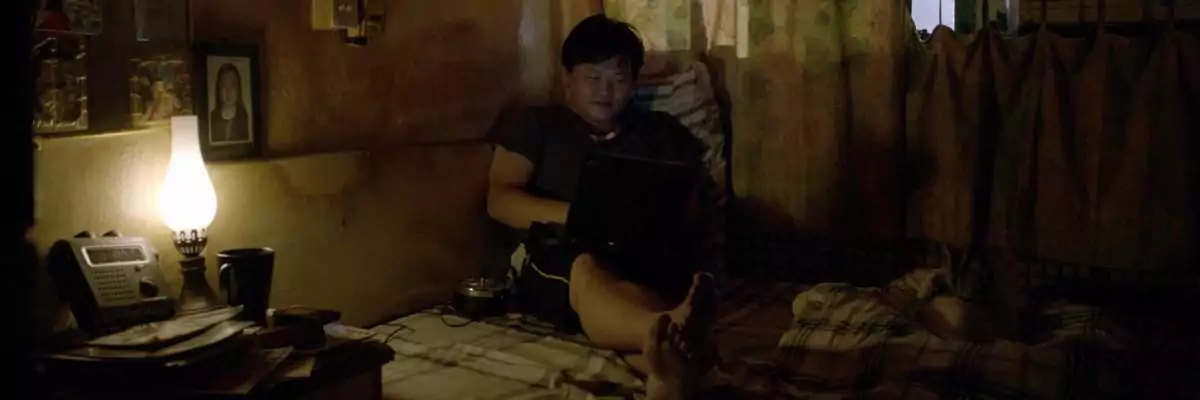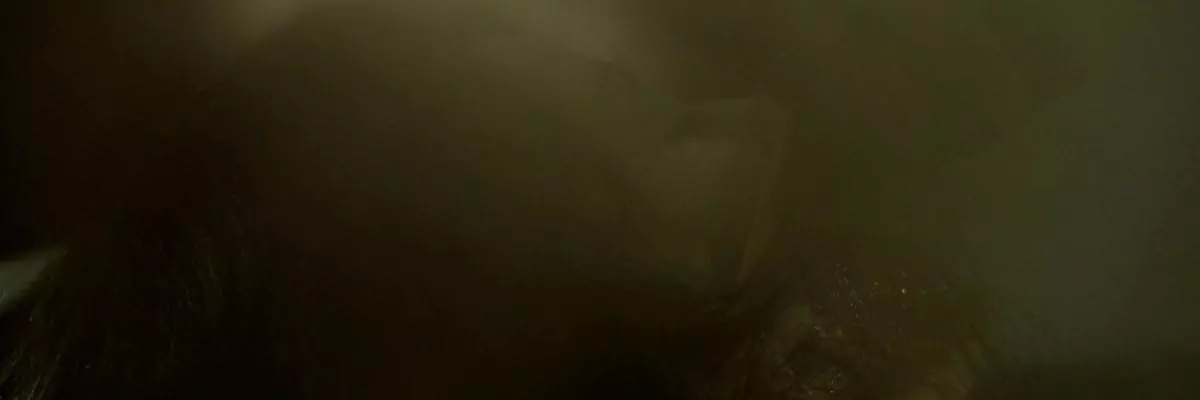Port of Call
Movie details

Ever since I watched Philip Yung's Mei Gaau Siu Nui last year, I've been looking forward to catching up with his latest film, Daap Hyut Cam Mui [Port of Call]. Hong Kong is in dire need of directors with a unique voice and Yung seems to fill that void pretty well. My expectations grew even larger when Port of Call went on to become a regional hit and started raking in East-Asian nominations (and a fair few actual award win too). Luckily the film didn't disappoint in the slightest.

I was particularly curious to see how Yung would deal with a film that is, at least on paper, a better match for Hong Kong's classic genre cinema. Mei Gaau Siu Nui established Yung as a director who would break from the norm and do his own thing, but with more famous names attached to Port of Call I wondered if Yung could balance his own ideas with the call for a more commercial product. Worry not though, Port of Call isn't your average Hong Kong detective story.
The film is based on a real-life case that shocked Hong Kong back in 2008. A young mainland girl (Jiamei) travels to Hong Kong and ends up working as a prostitute. I guess this is somewhat of a local taboo as it's a topic usually shunned in commercial Hong Kong cinema, only off-beat directors like Herman Yau and Fruit Chan are known to make the occassional film about their hardships. Port of Call fits snugly into that same niche, though it must be said that Yung turns in a more solid and refined effort.
Not long after Jiamei starts work as a prostitute, she is murdered by one of her clients. The young man, a somewhat reclusive delivery guy, neatly disposes of her body and turns himself in, claiming Jiamei asked him to take her life. Veteran detective Chong is put on the case, but the search for the truth takes a big toll on his emotional wellbeing, as Chong is simply unable to comprehend what happened in that little room between these two young people.

No doubt one of the biggest names attached to this project is Christopher Doyle, cinematographer extraordinaire. With Doyle on board visual excellence is almost a given, though don't expect to see his lush and frivolous side. While Doyle's signature is clearly visible, the cinematography is more in line with the film's grimmer and more introspective nature. Dark and murky colors give the film a somewhat dirty, sultry look, though Doyle always manages to capture the beauty in these settings.
The soundtrack is solid too. Nothing too adventurous or daring, but there are a couple of stand-out tracks that manage to grab the attention. It's definitely above par for a Hong Kong film, the only thing missing still is a truly coherent identity. The soundtrack works well with individual scenes and always add something of its own, yet it fails to become its own entity within the film. It's a small quip maybe, but something I feel could make a film like this even better.
Tough technically the star of the film, Aaron Kwok is eclipsed by both Jessie Li (Jiamei) and Michael Ning (the killer). Yung has a knack for introducing young talent and Port of Call is another great reminder that Hong Kong bolsters great young actors. That isn't to say Kwok underperforms, his portrayal of the detective is effective and layered, but he is merely a bystander trying to make sense of the actions of the events unrolling before him. Li and Ning are the true stars of this film.

Port of Call isn't a true detective story. While the case takes up a large part of the film, Yung is more interested in the motivations of his main characters. More specifically, why does a young prostitute ask a first-time client to kill her. And why does the client oblige? Some answers are given along the way and while the events remain unfathomable for level-headed people, the finale (the reenactment of the murder) never feels forced or out of place. A testament to the great performances of Li and Ning and strong scriptwriting of Yung himself.
Even though Port of Call looks like a typical Hong Kong film from the outside, it couldn't be further removed from their typical commercial output. Yung doesn't shy away from using gruesome imagery when needed, neither is he afraid to show nudity when appropriate. The narrative structure is unique and refined, though a bit more taxing on the audience. Port of Call feels like a reimaging of the typical Hong Kong detective flick and it is all the better because of it.
Philip Yung had his work cut out for him when he started this film. Blending his own, unique style with Hong Kong's template film making was never going to be easy, but Yung succeeds with flying colors. Port of Call is edgy, challenging and accomplished. The film looks great, the acting is exceptional and the soundtrack is on point. Do watch the extended edition though (which runs about 30 minutes longer), while I can't compare with the shortened version there was nothing that felt superfluous and could be left out. I'm pretty excited to see where Yung will take it from here, as he's got quite a reputation to defend by now.